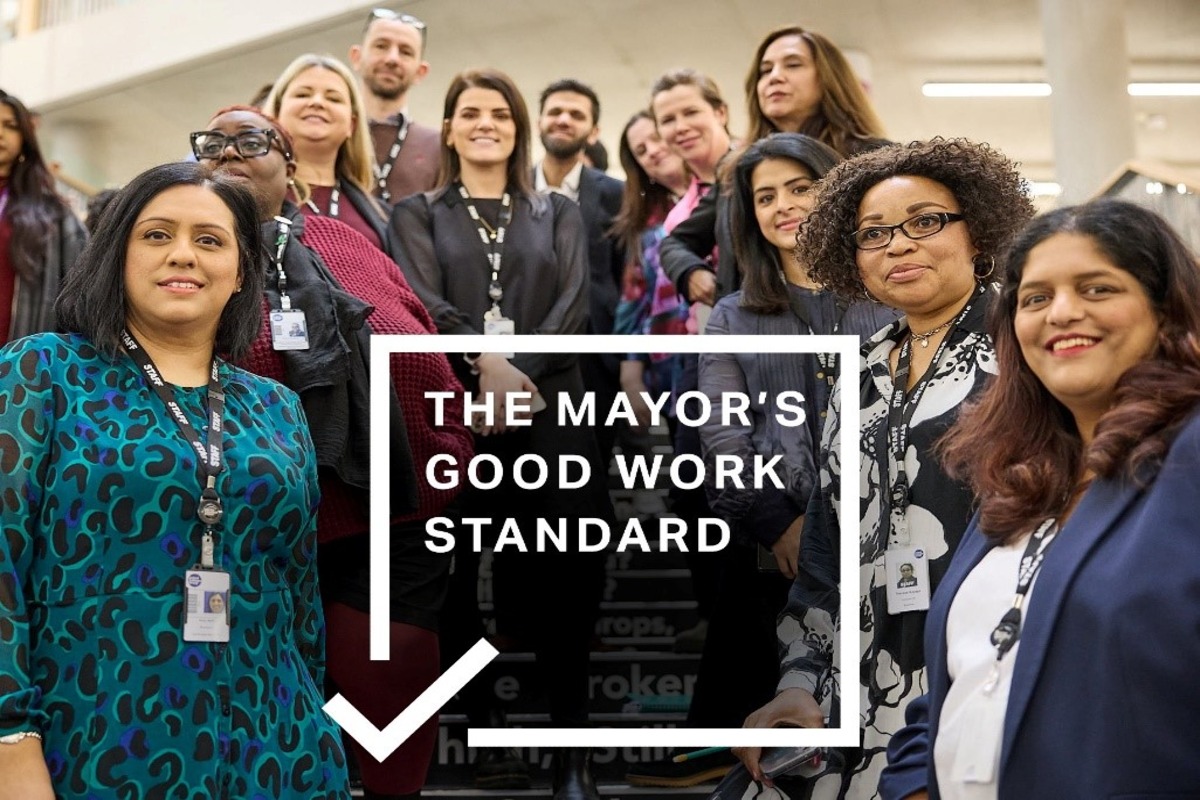Reflections from Party Conference Season 2022

Another conference season has come and gone – and many of us have been left reeling from the last few weeks of political turbulence. Coming a few days after government’s shock ‘mini-budget’, the Labour Conference kicked off with a bang, with party members and politicians optimistically putting forward messages of hope and unity. Contrast this to the febrile atmosphere at Conservative Conference where we saw a number of policy U-turns, mutinous MPs and shock at an opposition party riding high in the polls.
Key headlines
Given the immediate cost-of-living crisis, the Russia-Ukraine war, and the backdrop of economic turbulence, it was unsurprising that conversations centred around the economy and social welfare. Strangely, we also heard a lot about pies… from the Conservatives who wish to “grow the pie” so that everyone has a slice, to Labour who wish to ‘redistribute the pie’ and ensure that the pie is more equally shared out. Frankly all this made me hungry for the endless conference nibbles!
At Labour Conference, we saw the party position themselves as “the party of economic competence” highlighting green growth at the heart of their strategy for economic and social change. Messages of redistribution for people, place, politics, power and productivity rang out across the conference with policy solutions debated and challenged across fringe events.
At the Conservative Conference we heard the repeated message of “growth, growth, growth” with the Conservatives positioning themselves as the only party with the “determination to deliver” and to “get Britain moving”. In contrast, discussions around green growth felt lacking from most ministerial speeches – a missed opportunity for a party focused on growth.
But what about education?
On education, we saw Labour call for a curriculum that praises knowledge and skills, creativity and academic success and that allows every young person to thrive – something that we at Edge have consistently called for. At Conservative Conference, concerns have arisen in response to Kit Malthouse’s speech where he indicated that education needs “constant attention and constant pressure” to drive it forward. This felt an extremely worrying and out-of-touch message for those of us working hard across the education sector despite the difficult circumstances we find ourselves in.
For both conferences focusing so heavily on the economy, we were disappointed not to see education positioned more prominently as the key to unlocking talent and productivity. Investment in education is an investment in future talent and we cannot simply wait for trickle-down economics to deliver the skills our economy so desperately needs.
On the topic of skills – our joint fringe event “Skills for the Future – are we prepared” with the National Foundation for Educational Research (NFER) – was one of few skills and further education focused events. At Labour, our panel consisted of Jude Hillary from NFER, young person Jonas Andrew-Phillip, Toby Perkins MP, Alison McGovern MP and myself. We explored the new opportunities for job creation, the importance of instilling broader transferrable skills for life and work, and the importance of wider social infrastructure such as childcare and healthcare in removing barriers to work and education. At Conservative conference, our panel made up of Sir Charlie Mayfield, NFER’S Carole Willis and Jude Hillary, Shaun Bailey MP, UK Youth CEO Ndidi Okezie, and our Edge CEO, Alice Barnard, outlined the importance of acting urgently, and across political parties to deliver a fundamental, long-term change to our skills system.
Lessons to take forward
For education, we no longer have the time or the patience for policy inertia. Education needs our help now. Young people and teachers need our help now. We cannot wait for growth, and we cannot afford for further cuts to be made to the education system.
We have also staggered through turbulent political scandals over the last few years. The churn in political leadership within education is notorious and we have seen a shortness of policy memory in the sector.
We must now restore faith in sensible long-term policy making.
This can begin with politicians and policy makers building on lessons of the past – learning from programmes such as the Education Maintenance Allowance, Young Apprenticeships and Diplomas to apply lessons learnt to current policy-making. We can also build an open and continuous dialogue with the teachers, young people, policy makers, employers and parents who are willing and ready for change.
Our young people may not remember those who made the education system better. But they will remember who failed them. We now need to see urgent action and we look forward to working with policy-makers and politicians to make this happen.












Responses